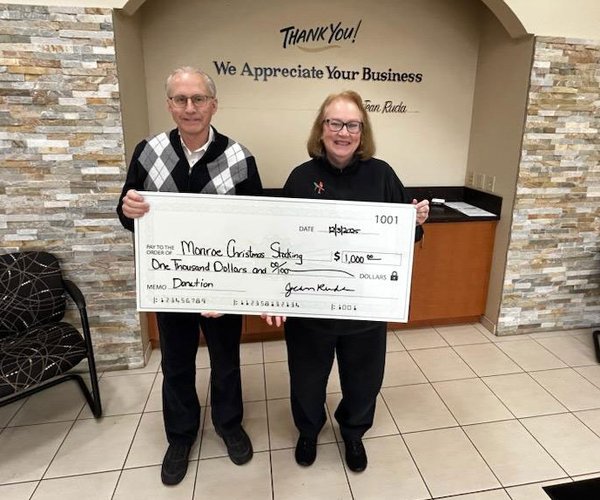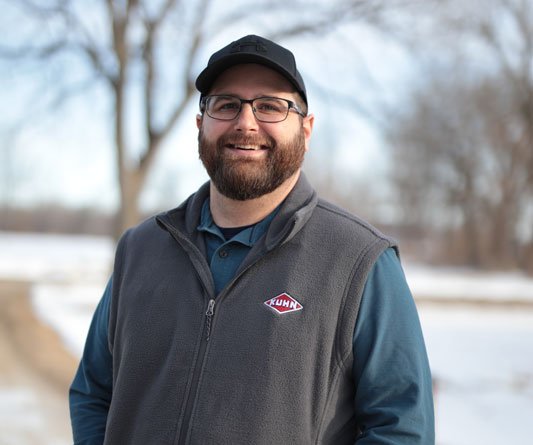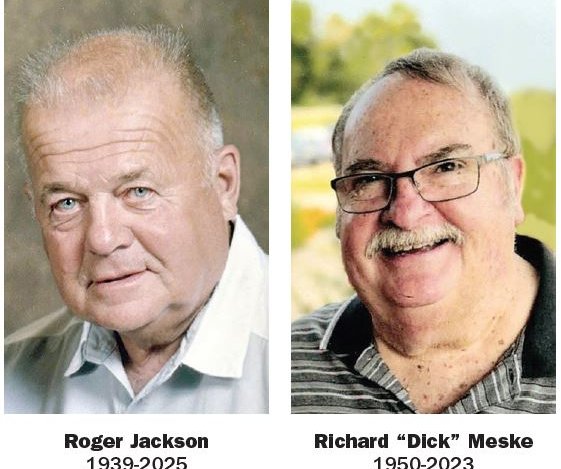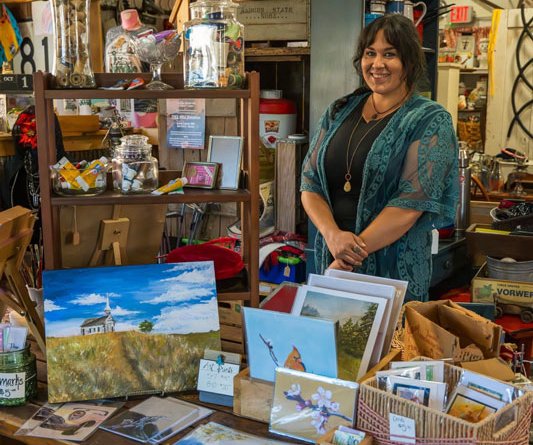

When we were kids, our parents used to take us to Monroe to visit our grammy and grandpa. My grandpa, a cheesemaker, was the most benevolent person I’ve known. Though not our grandfather by birth, he invested a tremendous amount of time and energy into us kids; the bonds we shared were unbreakable.
We’d always ask, “Can we crack walnuts on the tree stump in the basement, Grandpa?” To which he would reply, in his thick Swiss accent, “Yah, sure, you betcha. And here’s ten dollars each. Don’t tell your grammy I gave this to you.”
Now Grammy, she was a tight one — gave us kids fifty cents each for our birthday, not even a bill. Privately we would joke about how the coupon for a free sundae we received from Dairy Queen every year was worth more than the coins Grammy had taped to her card. She was nice enough and all, but Grandpa, he was like the casomorphines in the cheese. A force that brought such pleasure and positive energy.
Once we extracted the nuts as carefully as possible, competing to see who could keep them most intact, we’d place them on one of Grammy’s cloudy mint green 1950s style dishes and serve them to Grammy and Dad in the living room.
By that time Grandpa and Mom were busy putting out the day’s lunch. Typically Kuchen — a flakey, buttery cake Grammy made, cold cuts, bread, jams and the most wonderful Swiss you ever tasted. Aged to where its pungent sharpness made your tongue snap off the roof of your mouth.
In Wisconsin, cheese is part of our soul. And for people like me with significant family ties to the heavenly stuff, it’s a big part of our soul. In the late 1800s my great-grandfather, George Altman, made cheese at the Skinner Creek factory in Monroe. Both my grandfather by birth, Otto Blaser Sr., and my grandpa, Anton Neiderberger, were also Monroe cheesemakers.
When I think of these men, I reflect on what a strong work ethic they had. Every day waking up at the crack of dawn to greet the farmers and take in their milk. Then donning a canvas apron and rubber boots in preparation for a long day of cheesemaking. They spent untold hours leaning over those enormous copper kettles in which our state’s most celebrated product was made.
Recently I set out to learn more about Otto Blaser Sr., my grandfather by birth. My father told me he had operated two cheese factories, but beyond that I didn’t know much else. So I did some research. I learned that he first ran a factory in Darlington, then went on to operate the Advance Cheese Factory in Monroe.
Monroe’s Historic Courthouse Square looks much as it did a century ago. And it’s there, of course, that you’ll find the legendary Baumgartner’s Cheese Store & Tavern. Established in 1931, it is Wisconsin’s oldest cheese store. As one Milwaukee Journal Sentinel columnist wrote, “Baumgartner’s is an institution.” To my surprise, I found out that my grandfather took over Advance from none other than Emil Baumgartner.
Turns out he and Baumgartner were accomplished cheesemakers — and competitors. At the Milwaukee Cheese Convention held in 1926, my grandfather edged him out in the Drum Swiss category. My grandfather’s cheese scored 94.5, with a score of 94 being awarded to Mr. Baumgartner’s product. To put this in perspective, in 1920 there were over 2,700 cheese factories operating in the state of Wisconsin (today there are a little over a hundred).
A few years after that particular convention, Baumgartner gave up cheesemaking to undertake the potentially more lucrative business of selling cheesemaking supplies and equipment, and my grandfather took over Advance. But as it turned out, nothing would be lucrative in those days. The Depression years had hit.
Some customers were forced to pay for their equipment with the only thing they had left: cheese. Baumgartner, in turn, gave them a cheese sandwich as a gesture of hospitality and appreciation for their purchase. Then sold their cheese to others. In Green County cheese became currency. It circulated in the community like those harps used to circle around the large copper kettles, chopping up the curds until most ended up at the bottom.
It wasn’t long before tragedy struck both the Baumgartner and Blaser families. After delivering their sixth child, Mrs. Baumgartner died — leaving Emil to raise five children. A short time after that, at just 37 years of age, my grandfather died — leaving Grammy to raise my dad and his sister. Grammy somehow managed to survive it all.
Recently I contacted the National Historic Cheesemaking Center Museum in Monroe to see if they might have anything relating to my grandfather. They sent me a photograph of a plaque honoring the men who ran the Advance Cheese Factory.
In addition to seeing the names of my grandfather Otto Blaser Sr. and Mr. Baumgartner, I was surprised to see my grandpa Anton Niederberger’s name. It turns out that Grandpa also ran Advance — fifteen years after my grandfather passed away! An article states he and Grammy moved into the property in 1948.
I am, though, left with a few questions. How did my grandpa come to operate that same factory fifteen years after my grandfather passed away? Did the two know one another? Had they ever made cheese together?
Grandpa was in his 70s when I was a little girl cracking those walnuts on the tree stump. He walked gingerly and his back was hunched over from years of hard work. But he never complained. He had a deep well of joy that nourished us all. And he fed us the best Swiss cheese you ever tasted.
I’m grateful to have found out so much about my heritage. While many other things have come and gone in Wisconsin, cheese has played a central role in our culture for well over a century. In my family cheese has special significance, sure. But it’s a past and present we all share.
— Jackie Kido is granddaughter to the late Otto Blaser Sr. and the late Anton Niederberger, both cheesemakers in Monroe. She lives in Kenosha.







